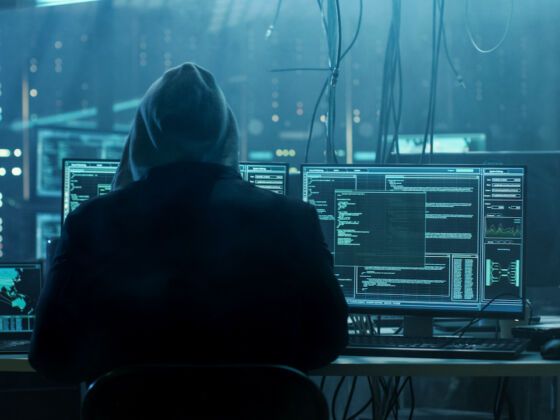In 2005, the New York Times reported that the Bush Administration and the National Security Agency (NSA) had been conducting warrant less wiretapping on American citizens since 2002.
The implication is that the NSA has been violating the Fourth Amendment, which protects Americans from warrant less searches and seizures.
